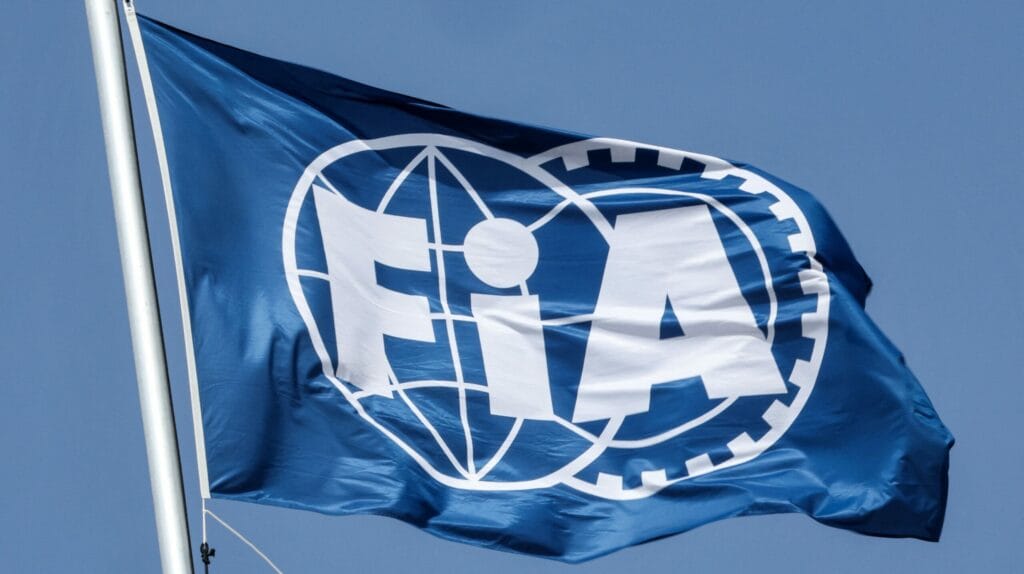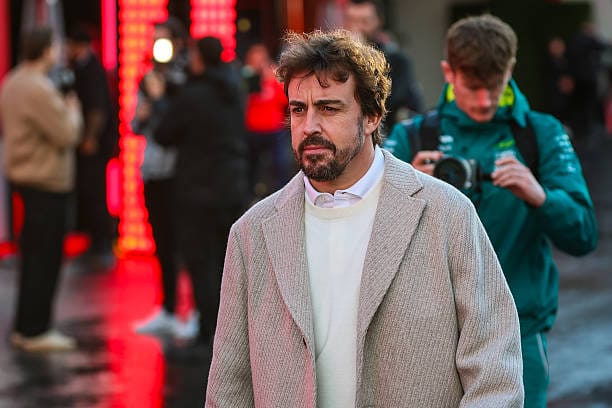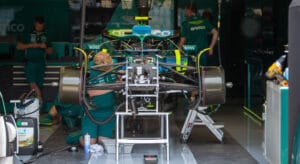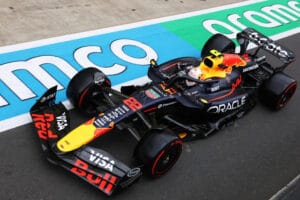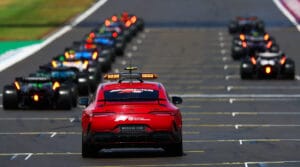In recent weeks, there has been much discussion about the potential return of the V10 engine. While the 2026 technical regulations introduce a new hybrid power source, FIA President Mohammed Ben Sulayem openly flirted with a comeback of the atmospheric V10. Various team bosses reacted critically to his statements – after all, a lot has already been invested in hybrid technology. An official meeting is scheduled during the Bahrain GP.
The various engine manufacturers within Formula 1 are invited to meet with the FIA during the race weekend in Bahrain to discuss a possible future with V10 engines, as reported by The Race. The organization aims to provide a clearer picture of the current situation and gauge support for potential long-term changes. In 2026, Formula 1 will introduce a new hybrid engine. The promise of this technology has, as planned, attracted several new manufacturers to the sport.
However, FIA President Ben Sulayem and Formula 1 CEO Stefano Domenicali have hinted several times that V10 engines should also be considered in the near future. If these can run on sustainable fuels, they are at least as green as a hybrid. Although there are no concrete plans for a return of the V10, the various teams reacted critically.
‘Looking a bit foolish’
“We look a bit foolish if we attract new constructors with the promise of a great hybrid engine, and then suddenly say that we actually only want to use it for three years,” Toto Wolff explained. “It’s ten past twelve and Cinderella has already left the ball,” concluded Christian Horner. “It would be a huge change to have to say goodbye to what is now being worked on so hard.” Meanwhile, Audi, which is developing its own engine for 2026, reiterated its support for hybrid technology.
If Formula 1 wants to switch to a new engine regulation before 2030, it needs the support of the FIA, FOM, and at least four of the five manufacturers participating in the championship. Currently, this support is clearly lacking. However, it is not inconceivable that racing with larger engines will still happen in the long term. The experience and sound of the atmospheric V10 are important for both fans and drivers. Additionally, the use of such power sources is also economically responsible. According to FIA chief Nikolas Tombazis, it is cheaper to develop an ‘average’ V10 engine – important if the sport wants to survive a future economic recession.
FIA Chairman Mohammed Ben Sulayem in conversation with Mercedes team boss Toto Wolff and McLaren CEO Zak Brown, two opponents of an early return of the V10.


